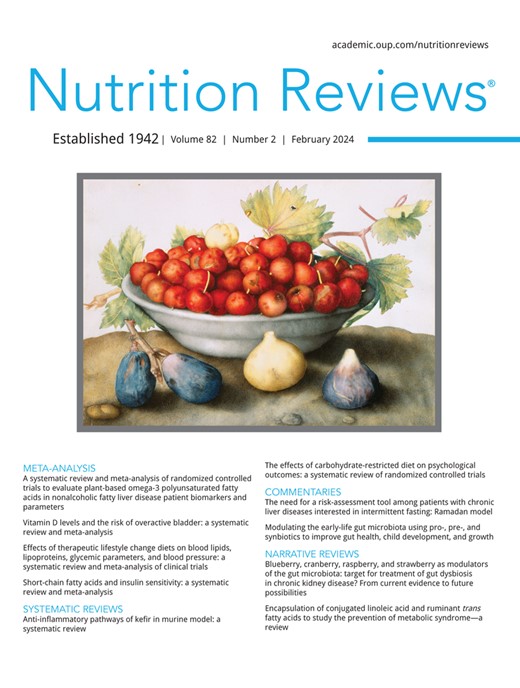Use of ferrous fumarate to fortify foods for infants and young children.
Abstract
Ferrous fumarate is currently recommended for use in the fortification of foods for infants and young children. This recommendation is based on the compound's good sensory properties and on results from isotope studies in adults that reported similar iron absorption values for ferrous fumarate and ferrous sulphate (relative bioavailability [RBV] of ferrous fumarate, 100). However, later isotope studies conducted on both iron-replete and iron-deficient young children found that iron absorption from ferrous fumarate was only about 30% of that achieved from ferrous sulphate (RBV, 30). The reasons for the differences observed in adults compared with children are unclear but could be related to the following factors: lower iron status in children resulting in greater iron absorption via upregulation from ferrous sulphate but not from ferrous fumarate; reduced gastric acid secretion in children leading to retarded dissolution of ferrous fumarate; or an influence of added ascorbic acid on RBV. Ferrous fumarate-fortified complementary foods have been demonstrated to improve iron status in iron-deficient infants and, more recently, to prevent iron deficiency equally as well as ferrous sulphate in iron-replete infants. However, current evidence indicates that iron-deficient infants and young children may absorb iron from ferrous fumarate less well than iron from ferrous sulfate and that, for equivalent efficacy, complementary foods targeted at such infants and young children should contain more iron in the form of fumarate.





